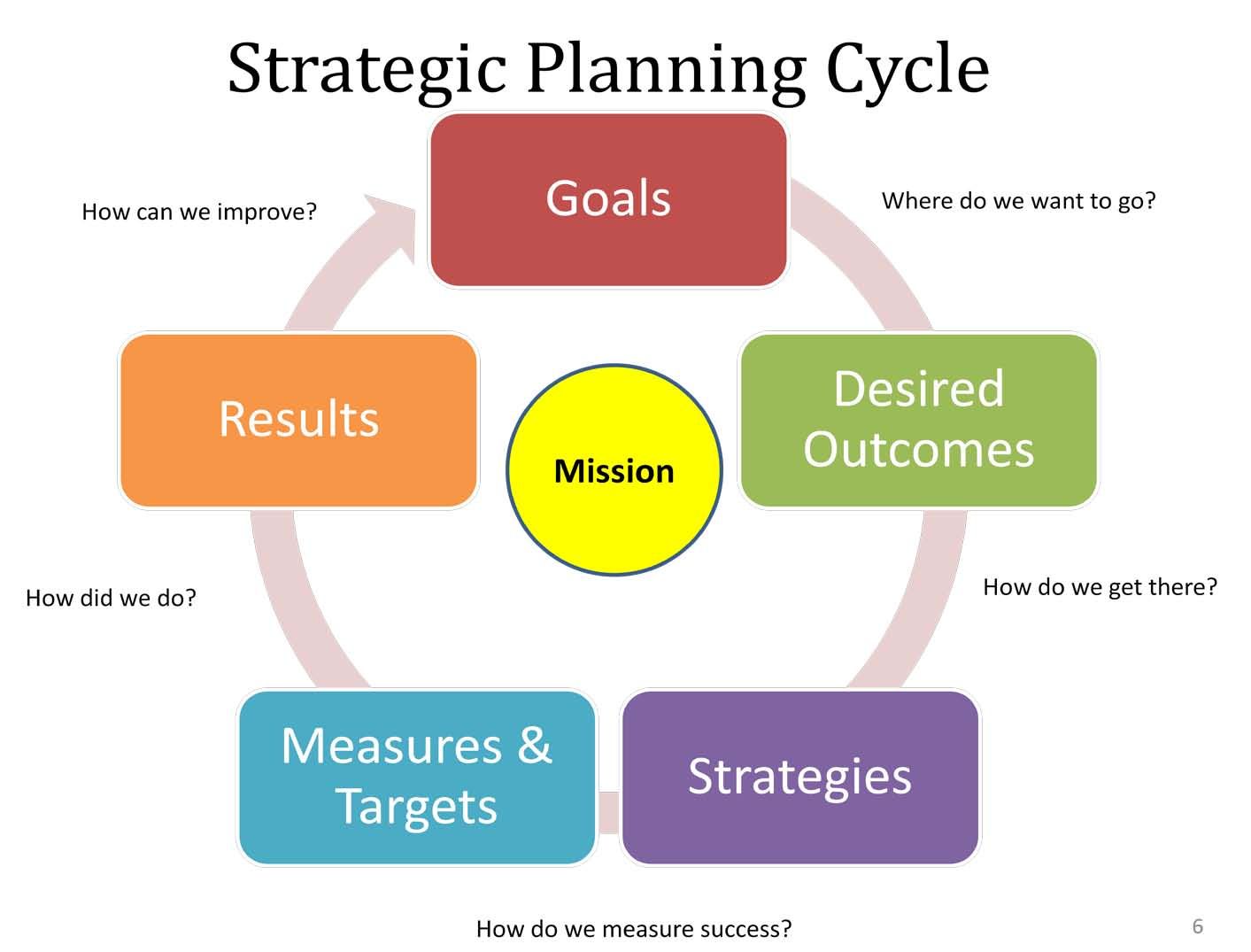
In the dynamic world of technology, a well-planned business strategy serves as the cornerstone for success. It is essential for organizations to carefully outline and execute a strategic plan that aligns with their long-term objectives. A robust business strategy not only provides a roadmap for growth and development, but also enables businesses to navigate uncertainties and stay ahead of the competition. This article delves into the tremendous significance of a well-planned business strategy in the tech niche and the positive impact it can have on overall success.
Driving Organizational Focus and Direction
A well-planned business strategy establishes a clear focus and direction for the entire organization. It sets the guidelines and objectives that shape decision-making and resource allocation. In the tech industry, where new opportunities and challenges constantly emerge, a clear strategy helps streamline efforts, ensuring that all stakeholders are working towards a common goal. By providing a blueprint for success, a well-defined strategy allows technology companies to make better-informed decisions and avoid costly detours.
Effective Resource Allocation
One of the primary benefits of a well-planned business strategy is efficient resource allocation. In the tech industry, where resources are often limited and constantly evolving, it is crucial to allocate them wisely. A coherent strategy allows businesses to identify which areas are most deserving of investments and focus resources on those critical elements that align with the company’s long-term goals. Whether it’s investing in research and development, marketing, or infrastructure, a well-planned strategy ensures that resources are utilized optimally and contribute to sustained growth and profitability.
Adaptation to Market Changes
The tech industry experiences rapid and constant changes within a highly competitive marketplace. A well-planned business strategy equips organizations with the ability to adapt to these changes promptly. By conducting thorough market research, tech businesses can identify emerging trends, potential disruptions, and customer demands. This strategic knowledge empowers companies to pivot their products, services, or business models, ensuring they remain relevant and competitive. A robust strategy also enables businesses to anticipate shifts in consumer behavior and industry dynamics, allowing them to proactively innovate and meet evolving market needs.
Enhanced Risk Management
The tech industry presents inherent risks ranging from technological advancements to changing regulations and cybersecurity threats. A comprehensive business strategy incorporates risk management as a fundamental component. By identifying potential risks and devising mitigation plans, organizations can protect themselves from the unexpected. Proactively addressing risks reduces the likelihood of negative impacts on productivity, reputation, or financial stability. A well-planned strategy helps minimize vulnerabilities, safeguards against uncertainties, and ensures business continuity, even in the face of potential threats.
Building a Competitive Advantage
In the fast-paced tech industry, competition is intense. A well-planned business strategy plays a pivotal role in building and maintaining a competitive advantage. By clearly differentiating products or services from competitors, organizations can capture market share and foster customer loyalty. A strategic approach enables companies to identify unique selling propositions, effectively position themselves, and communicate value propositions to target audiences. Furthermore, a well-defined strategy allows tech companies to leverage emerging technologies, such as artificial intelligence, data analytics, and cloud computing, to gain a competitive edge and fuel innovation.
Long-Term Growth and Sustainability
Ultimately, the goal of any business, including those in the tech niche, is long-term growth and sustainability. A well-planned business strategy paves the way for achieving these objectives. By setting measurable goals and milestones, businesses can track progress and make necessary adjustments to stay on course. A strategic approach encourages continuous improvement, fosters innovation, and enables scalability. Furthermore, a well-defined strategy ensures that businesses are not solely reliant on short-term gains but are equipped to navigate changes, disruptions, and evolving customer expectations, ensuring long-term success.
In conclusion, in the tech industry where change is constant, a well-planned business strategy serves as a crucial tool for success. It establishes organizational focus, guides resource allocation, and facilitates adaptation to market changes. Additionally, it enables effective risk management, builds a competitive advantage, and ensures long-term growth and sustainability. Organizations that invest time and effort in developing and executing a comprehensive business strategy are better positioned to thrive in the ever-evolving world of technology.

